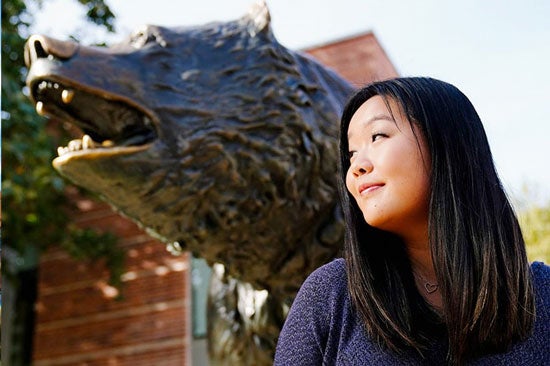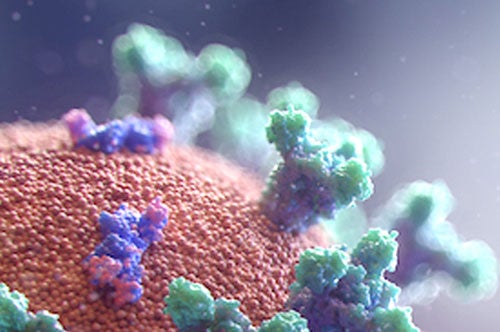Emotional, social and physical well-being
UCLA has variety of well-being resources — from psychological counseling and stress management techniques to mindfulness and yoga — aimed at helping students, faculty and staff cope with COVID-19 and related challenges.
This page covers the following:
- Resources for the entire campus community
- Resources for students
- Resources for faculty and staff
- Resources for UCLA Health employees
For the campus community
- The Semel Healthy Campus Initiative Center at UCLA provides the Bruin community with support through their COVID-19 well-being page and LiveWell podcast. In addition, their MindWell, EngageWell and EatWell sites promote overall well-being, resilience and social connectedness through programs, research, pilot funding, courses and events.
- STAND: Screening and Treatment for Anxiety and Depression, part of UCLA’s Depression Grand Challenge, has tools, resources and strategies designed to help members of the Bruin community boost their mood and ease anxiety and depression.
- The Mindfulness Awareness Research Center offers free drop-in meditation sessions, guided meditations in both English and Spanish, and an array of classes and events to help the campus community manage the stress and anxiety. Participants can download the UCLA Mindful app for easy access to services and contact marcinfo@ucla.edu for more information.
- The UCLA Psychology Clinic offers low-fee individual and group therapy, as well as assessment services, for adults, children, couples and families. For more details and to schedule an appointment, call 310-925-2305 or email ucla@psychclinic.hush.com.
For students
- Counseling and Psychological Services (CAPS), which is open during regular business hours, provides telehealth services for students aimed at fostering and preserving healthy well-being. CAPS also offers 24/7 crisis counseling for students experiencing acute mental distress through their hotline at 310-825-0768.
- Student Health Education and Resource Team (HEART) helps students deal with stress in their lives and academic experiences. HEART’s Bruin Connections provides a one-stop location for programs, services, and resources across campus that support Bruins’ holistic health and well-being. In addition, tools for building healthier relationships, as well as various peer-led virtual programs, promote students’ overall well-being, resilience and social connectedness. For more information, contact: healtheducation@saonet.ucla.edu, or follow @uclahealthed.
- The UCLA RISE Center (Resilience in Your Student Experience) assists students in adjusting to the changes and uncertainty brought about by the pandemic. Among their resources are guided meditations and a virtual library on mindfulness and well-being. For more information, contact risecenteratucla@gmail.com or call 310-825-9039.
- As part of UCLA’s Depression Grand Challenge, students may participate in free internet-based therapy for depression and anxiety, which may be particularly helpful for students who are reluctant to meet directly with a therapist or who may have language barriers.
- The Graduate Student Association’s interactive Graduate Student Resources Flow Chart (PDF) helps students identify well-being resources based on their specifics needs and concerns.
- Additional UCLA resources are available to assist student survivors of sexual assault and domestic violence, students in recovery from substance abuse or other addictive behaviors, and those who may benefit from a UCLA case manager to help with mental or physical health issues, financial crises, personal loss or other challenges.
For faculty and staff
- Employees are encouraged to contact UCLA’s Staff and Faculty Counseling Center, which offers online advice and telehealth counseling sessions for staff and faculty, as well as and their families and significant others. The center is open during regular business hours and can be reached at 310-794-0245.
- UCLA Recreation’s FitWell offers several fitness and well-being programs for faculty and staff. Bruin MindFit is a free four-week course that instructs participants in effective stress management techniques, including meditation, breathing, basic yoga, relaxation, walking and everyday mindfulness. Through FitZones, employees can enjoy drop-in fitness classes offered several times a day through Facebook Live and Instagram Live.
For UCLA Health employees and medical students
- The Behavioral Wellness Center serves medical students, residents and fellows at the David Geffen School of Medicine at UCLA who are seeking confidential short-term counseling, psychiatric consultation, medication management and other wellness resources and services. Request an appointment here or contact the center at 310-825-9605 or bwc@mednet.ucla.edu.



